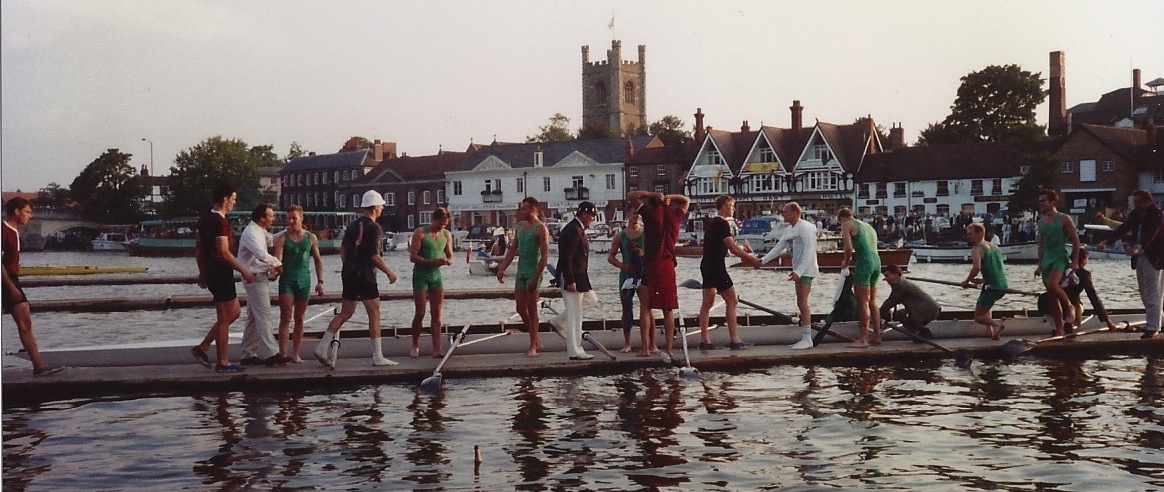So LOCOG has unveiled Wenlock and Mandeville, its (first?) mascots.
Described as having been “created from the last drops of steel left over from the construction of the final support girder for the Olympic Stadium,” the new mascots are the first to have been designed for the new media age. They will inevitably be available as cuddly toys as well!
Its great to see that they commemorate the significant contributions that two towns – away from London – have made to the development of the Olympic and Paralympic movements.
Much Wenlock, to the south west of Telford in Shropshire, first staged the Wenlock Olympian Games in 1850. Established by a local doctor, William Penny Brooks, who harboured a vision of reviving the Olympic Games in Greece, the Wenlock Olympian Games predate the “first Olympic Games of the modern era” by nearly half a century.
In 1889, the initiative came to the attention of the young Baron Pierre de Coubertin who shared Penny Brooks’ vision of re-establishing the Olympics as an international celebration of sport. A visit by the French nobleman to the Shropshire town in 1890 was a significant milestone along the road to the creation of the International Olympic Committee.
The 124th Wenlock Olympian Games were staged between 9 and 12 July 2010.
Stoke Mandeville’s most famous sporting connection also starts with a doctor. In February 1944, Dr.Ludwig Guttmann arrived at Stoke Mandeville Hospital, near Aylesbury in Buckinghamshire, to set up a new unit to deal with war casualties suffering from spinal cord injuries.
Sir Ludwig believed sport would help his patients make the most of their remaining physical capabilities while providing much-needed exercise. Sport would also help patients rebuild their self-esteem and provide the confidence to contemplate re-entering the world of work. Initially, games for individuals such as darts, archery, snooker and table tennis were offered, but these were quickly supplemented by team sports including wheelchair polo and basketball.
To coincide with the 1948 Olympic Games in London, Sir Ludwig organised the first Stoke Mandeville Games for disabled athletes. Over the following years, the Stoke Mandeville Games expanded steadily, attracting ever more international competitors and laying the foundations for the Paralympic Games. If Olympia is the spiritual home of the Olympic Games, Stoke Mandeville can justifiably claim to be the Olympia of the Paralympic Games.
Today, Stoke Mandeville is the UK’s National Centre for Disability Sport offering facilities for a wide variety of land- and water-based sports and regularly hosting competitions.




